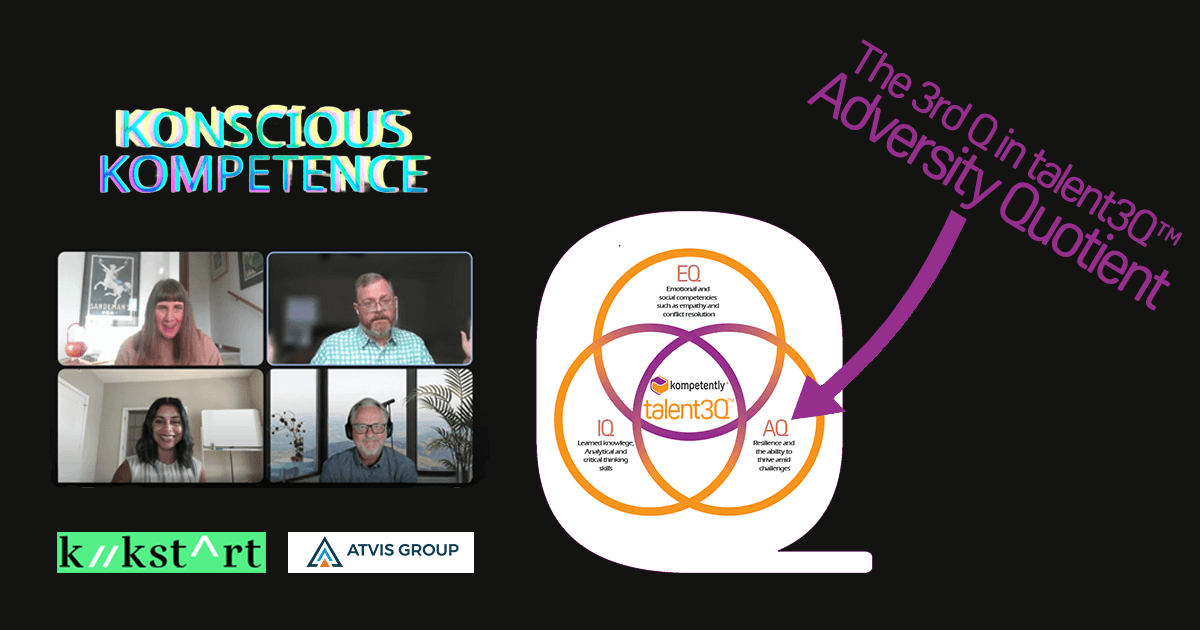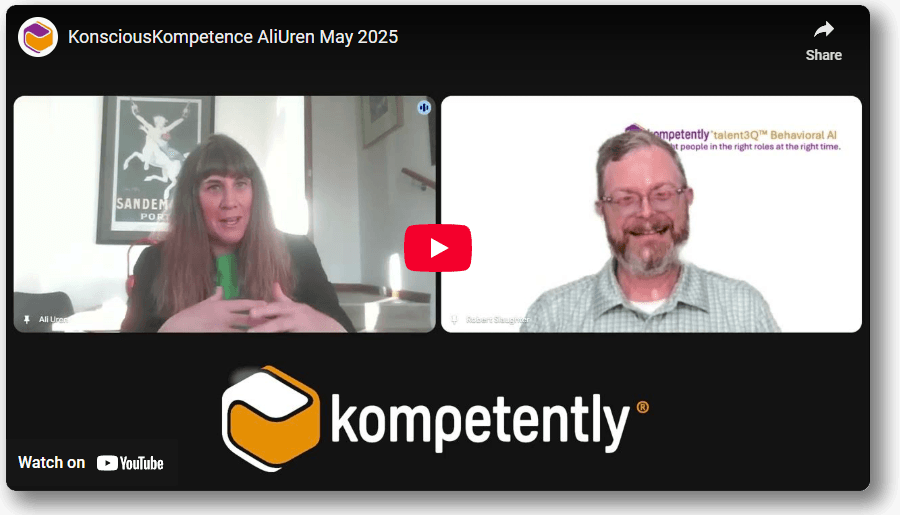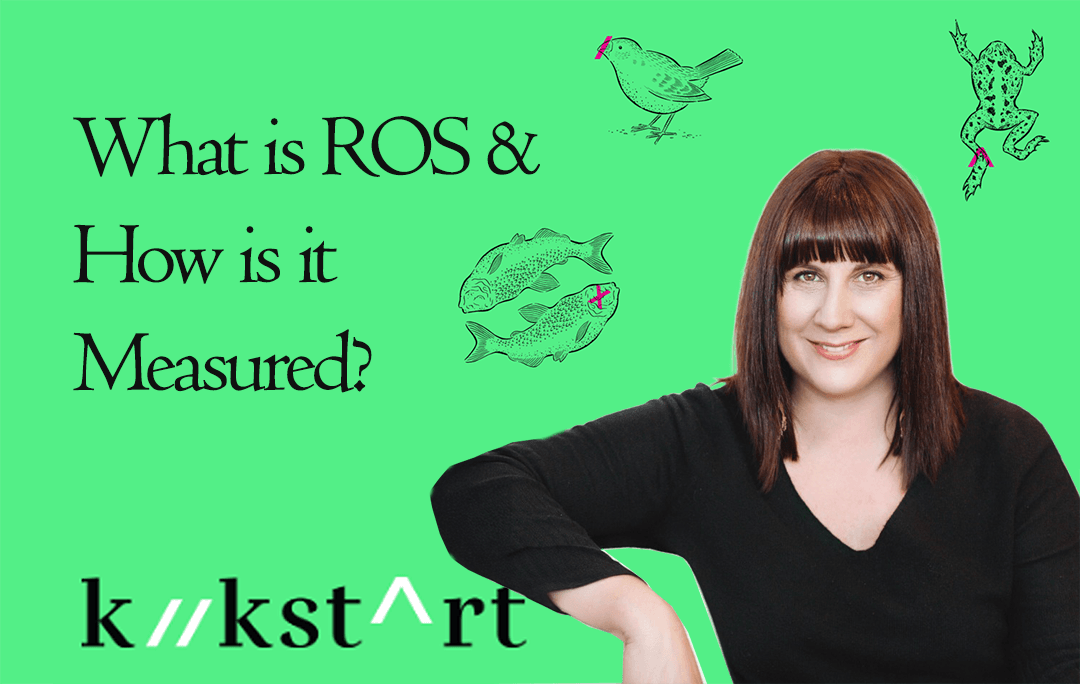Navigating Disruption with Agility
Mastering the "V’s of Change" for Organizational Success
In a world defined by rapid transformation, understanding and adapting to the V’s of Change—Volume, Velocity, and Variety—are crucial for maintaining organizational agility and resilience.
Understanding the V’s of Change
The Dynamics of Modern Business Transformation
In today’s business environment, the V’s of Change—Volume, Velocity, and Variety—play a pivotal role in shaping organizational strategies. These elements represent the constant influx of information, the accelerated pace of change, and the diverse challenges that businesses must navigate. Recognizing the significance of these factors is essential for companies aiming to remain competitive and innovative.
Key Aspects of the V’s of Change
Volume: Managing Information Overload
Organizations face an overwhelming amount of data and tasks, requiring efficient systems to process and prioritize information to prevent burnout and maintain productivity.
Velocity: Adapting to Rapid Changes
The speed of technological and market changes demands swift decision-making and agile responses, challenging organizations to stay ahead without succumbing to chaos.
Variety: Navigating Complexity
Diverse changes across multiple domains necessitate coordinated efforts and clear communication to avoid confusion and ensure cohesive strategic alignment.
Building Resilience
By fostering cognitive flexibility, emotional intelligence, and a growth mindset, organizations can enhance their ability to thrive amid the complexities of change.

Impact on Employee Engagement
Consequences of the V’s of Change:
As organizations grapple with the pressures posed by the V’s of Change, the resulting environment can foster disengagement among employees:
Loss of Direction: With relentless change, employees often find themselves without clear guidance or a cohesive strategy. The absence of defined goals and priorities creates ambiguity, leading to frustration and decreased motivation. Without direction, employees may feel that their efforts are misaligned with organizational objectives, resulting in disconnection from the company’s mission.
Increased Anxiety: The uncertainty surrounding ongoing changes can heighten employees’ anxiety levels. As they attempt to adapt to constantly shifting expectations, they may fear for their job security or question their ability to remain relevant in the face of rapid transformation. This pervasive anxiety affects their performance, creativity, and willingness to embrace new challenges, ultimately leading to a reactive rather than proactive mindset.
Decreased Engagement: The culmination of a lack of direction and heightened anxiety contributes to decreased employee engagement. Engagement thrives in environments where employees feel supported, valued, and understood. When faced with overwhelming change without adequate guidance or support from leadership, employees may disengage, isolating themselves from their teams and reducing their productivity and effectiveness.
Recognize and Counteract The Challenges of Change
Organizations must recognize these challenges and proactively address employee needs for clarity, support, and engagement. This awareness is crucial not only for mitigating disengagement but also for fostering a culture of resilience that enables the organization to thrive amid chaos.
To counteract these challenges, organizations must prioritize skills and competency development, shifting their focus from mere survival to a proactive stance that fosters agility and resilience. The following competencies are essential to thriving in this new business environment:
Cognitive Flexibility and Resilience: Organizations that cultivate the ability to adapt thoughts and behaviors in response to fluctuating circumstances will find it easier to navigate unexpected challenges. Employees with high cognitive flexibility can pivot quickly without losing focus, leading to greater innovation and problem-solving capabilities.
Emotional Intelligence and Team Dynamics: Fostering strong emotional intelligence within teams is crucial. Emotionally intelligent employees can recognize, understand, and manage their emotions and those of their colleagues, facilitating collaboration and minimizing the friction often associated with change.
Growth Mindset and Collaborative Spirit: Cultivating an organizational culture that values continuous learning and collaborative efforts is imperative for long-term success. Employees who believe in their ability to improve and thrive through collaboration are more likely to embrace change, driving innovation and collective achievement.
Building Essential Competencies
Thriving Amid Disruption
Within the broader context of change, Artificial Intelligence (AI) stands out as a significant disruptor. As one of the latest and largest sources of transformation within the business landscape, AI serves as a catalyst for re-evaluating operational processes and strategic initiatives, making it imperative for organizations to align their workforce skills to seize opportunities rather than succumb to challenges.
Empower Your Organization's Future
Unlock your organization’s potential by taking the Kompetently AI Organizational Readiness Assessment. Discover how prepared you are to navigate the complexities of change and position yourself for success in a rapidly evolving business landscape. Embrace the opportunity to enhance agility and resilience today.





